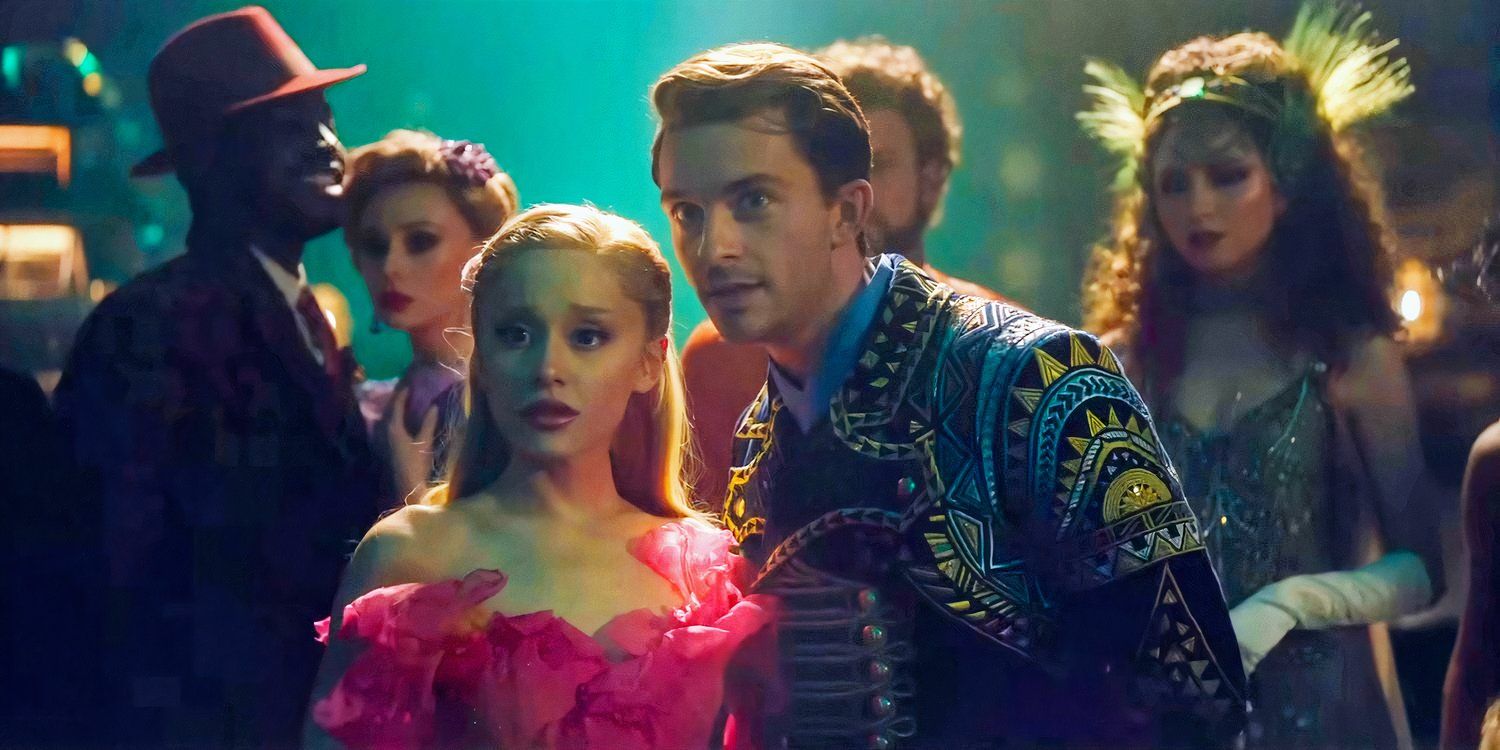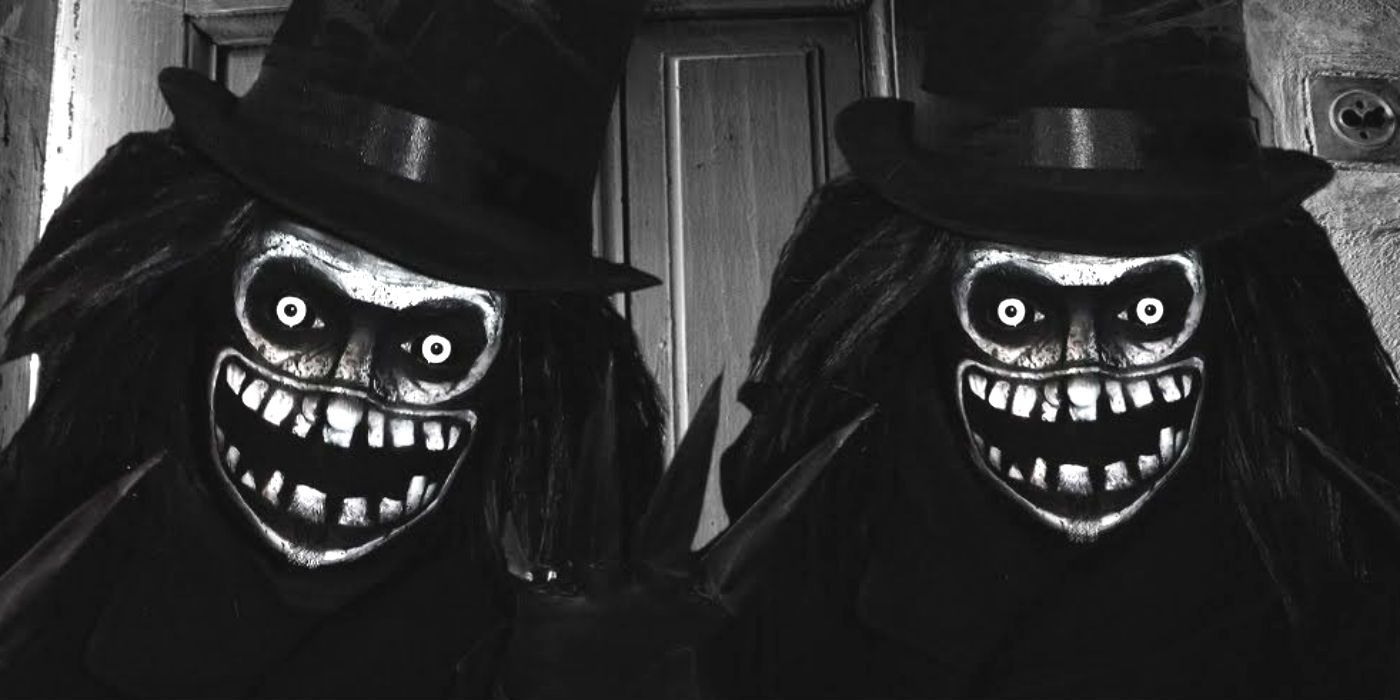A woman sits alone in a dark room, staring at the wall in front of her. Days go by; the paltry sunlight shifts here and there, her outfit changes, yet her dull demeanor remains. She spills some rice, adds some plants, eventually makes space for a mop and bucket. On and on and on.
This is an accurate summary of Karan Khandari’s “Sister Midnight,” but one that’s also woefully incomplete. The rest should be saved for seeing it yourself, to gain some context for what keeps the woman in that room, for the many birds (and the goat), and for where Chhaya Kadam from “Laapataa Ladies” fits in.
Kandhari wrote and directed the film about Uma (Radhika Apte), a woman who moves to Mumbai after marrying husband Gopal (Ashok Pathak) and finds her life sucked dry of any and all excitement. She spends her days mostly cooped up in their one-room rowhouse (wall-to-wall with the neighbors), uninterested in domestic labor and intimidated by the sprawling city outside. She resents Gopal from the moment they arrive, wasting little time before voicing it aloud and hurling curses at him. As Uma tries to claim her independence, she begins to experience symptoms of a mysterious illness that won’t go away.
Apte, in her decade or so of breakout roles, has become the kind of actor whose name is all but synonymous with intriguing and immaculate work (seeing her face on a still was all it took for this reporter to instantly agree to a review). She’s operating at another level in “Sister Midnight,” commanding one solo scene after another, often without dialogue and with physical action and comedy. This is not the kind of film where characters have rich backstories, interests, or even last names, so she and Khandari find different ways to acquaint Uma with the audience, conveying her frustration, desire, confusion, and rage in a full and glorious exploration of cinema.
With minimal dialogue, Sverre Sørdal’s cinematography becomes one of the film’s primary languages, communicating emotional peaks and valleys as well as a fair share of punchlines. A quick pan to and from Apte’s face telegraphs her situation with maximum efficacy. The camera luxuriates in centering her frame, often staring directly if not just slightly off from the lens — bucking photography guidelines in favor of something that fits the film’s dark humor. Uma is repeatedly framed with a mix of light and shadow, half of her face seen and the other obscured; there’s thematic weight to this choice, but also: it just looks cool.
The same goes for Napoleon Stratogiannakis’s editing, Shruti Gupte’s production design, Paul Banks’ music, and more; “Sister Midnight” quietly rebels against the arbitrary rules of filmmaking to create something supremely self-assured in voice and style. The film is both masterfully unadorned and wholly original, steering forward confidently under Khandari’s guidance. It’s a movie best viewed with absolutely no primer, a delicious little adventure with a humorous — and human — heart.
Grade: B+
“Sister Midnight” will be released through Magnolia Pictures’ Magnet Releasing in spring of 2025.
Want to stay up to date on IndieWire’s film reviews and critical thoughts? Subscribe here to our newly launched newsletter, In Review by David Ehrlich, in which our Chief Film Critic and Head Reviews Editor rounds up the best reviews, streaming picks, and offers some new musings, all only available to subscribers.

 2 days ago
2
2 days ago
2





:quality(85):upscale()/2024/10/29/957/n/1922441/c62aba6367215ab0493352.74567072_.jpg)
:quality(85):upscale()/2021/07/06/971/n/1922153/7d765d9b60e4d6de38e888.19462749_.png)

:quality(85):upscale()/2024/10/29/987/n/49351082/3e0e51c1672164bfe300c1.01385001_.jpg)

 English (US) ·
English (US) ·